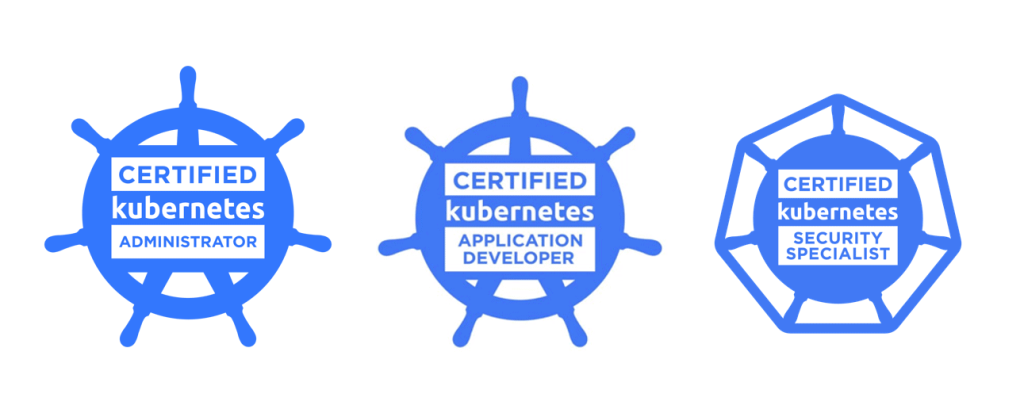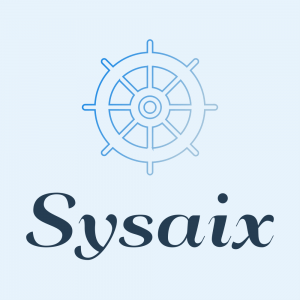
There are several Kubernetes certifications that are highly regarded in the industry. The top Kubernetes certification is the Certified Kubernetes Administrator (CKA) offered by the Cloud Native Computing Foundation (CNCF).
The CKA is a performance-based exam that tests your ability to perform the tasks required of a Kubernetes administrator. It covers a wide range of topics, including installation, configuration, networking, scheduling, security, and maintenance of a Kubernetes cluster.
To become a CKA, you must have a good understanding of the Kubernetes architecture and core concepts, as well as hands-on experience using Kubernetes to deploy and manage applications. Candidates must also demonstrate their knowledge and skills through practical, real-world tasks during the exam.
The CKA is a highly respected and sought-after certification in the industry, and it is a valuable credential for professionals working with Kubernetes in a variety of roles, including system administrators, DevOps engineers, and cloud engineers.
In addition to the Certified Kubernetes Administrator (CKA) certification, the Cloud Native Computing Foundation (CNCF) also offers the Certified Kubernetes Application Developer (CKAD) certification.
The CKAD is a performance-based exam that tests your ability to design, build, configure, and expose cloud native applications for Kubernetes. It covers topics such as deployment strategies, networking, stateful applications, and debugging.
To become a CKAD, you must have a good understanding of the Kubernetes architecture and core concepts, as well as hands-on experience developing and deploying applications on Kubernetes. Candidates must also demonstrate their knowledge and skills through practical, real-world tasks during the exam.
The CKAD is a valuable credential for professionals working with Kubernetes in a variety of roles, including software developers, DevOps engineers, and cloud engineers. It is a widely recognized and respected certification in the industry.
there are several security-related certifications for professionals working with Kubernetes. One such certification is the Certified Kubernetes Security Specialist (CKS) offered by the Cloud Native Computing Foundation (CNCF).
The CKS is a performance-based exam that tests your ability to secure a Kubernetes cluster and the applications running on it. It covers a wide range of topics, including authentication, authorization, network security, and secure image management.
To become a CKS, you must have a good understanding of the Kubernetes architecture and core concepts, as well as hands-on experience securing a Kubernetes cluster. Candidates must also demonstrate their knowledge and skills through practical, real-world tasks during the exam.
The CKS is a valuable credential for professionals working with Kubernetes in a variety of roles, including system administrators, DevOps engineers, and cloud security specialists. It is a widely recognized and respected certification in the industry.
If you are new to Kubernetes and looking for an entry-level certification, you might consider the Kubernetes Fundamentals course offered by the Cloud Native Computing Foundation (CNCF).
The Kubernetes Fundamentals course is an online, self-paced course that covers the core concepts and terminology of Kubernetes. It is designed for professionals who are new to Kubernetes and want to learn the basics of how it works.
The course covers topics such as the Kubernetes architecture, container orchestration, deployment strategies, and networking. It also includes hands-on exercises to help you gain practical experience with Kubernetes.
Upon completing the course, you will have a strong foundation in Kubernetes and be well-prepared to start learning more advanced topics and pursuing further certifications.
The CKNA (Certified Kubernetes Network Administrator) is a certification offered by the Linux Professional Institute (LPI). It is a performance-based exam that tests your ability to design, implement, and manage a network infrastructure for a Kubernetes cluster.
To become a CKNA, you must have a good understanding of the Kubernetes architecture and core concepts, as well as hands-on experience working with networking in a Kubernetes environment. Candidates must also demonstrate their knowledge and skills through practical, real-world tasks during the exam.
The CKNA is a valuable credential for professionals working with Kubernetes in a variety of roles, including network administrators, DevOps engineers, and cloud engineers. It is a widely recognized and respected certification in the industry.
How can I prepare this certifications?
There are several steps you can take to prepare for a Kubernetes certification exam:
- Familiarize yourself with the exam content and format: Make sure you understand what topics will be covered on the exam and how it will be structured. This will help you focus your study efforts and know what to expect on exam day.
- Gain hands-on experience with Kubernetes: The best way to prepare for a Kubernetes certification exam is to gain practical experience using Kubernetes to deploy and manage applications. This will help you understand the concepts and procedures covered on the exam, and it will also help you develop the skills and confidence you need to succeed.
- Study the material: There are many resources available to help you study for a Kubernetes certification exam, including books, online courses, and practice tests. Make sure to use a variety of resources to get a well-rounded understanding of the material.
- Practice with labs and exercises: Hands-on practice is key to success on a Kubernetes certification exam. Look for opportunities to work through labs and exercises to get hands-on experience with the concepts and procedures covered on the exam.
- Review and practice: Make sure to review the material frequently and practice applying your knowledge to real-world scenarios. This will help you retain the information and develop the skills you need to succeed on the exam.







